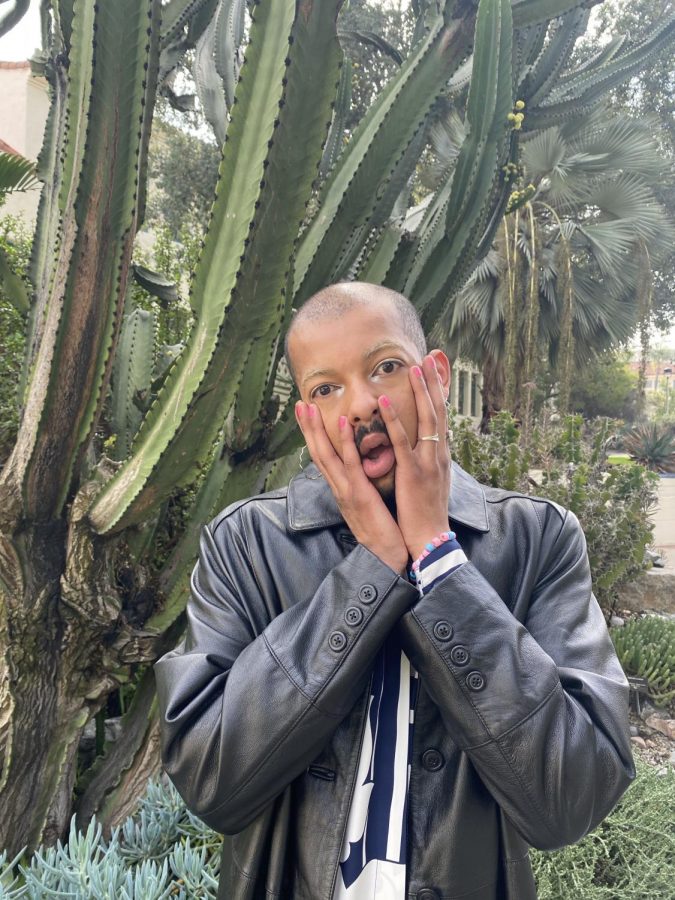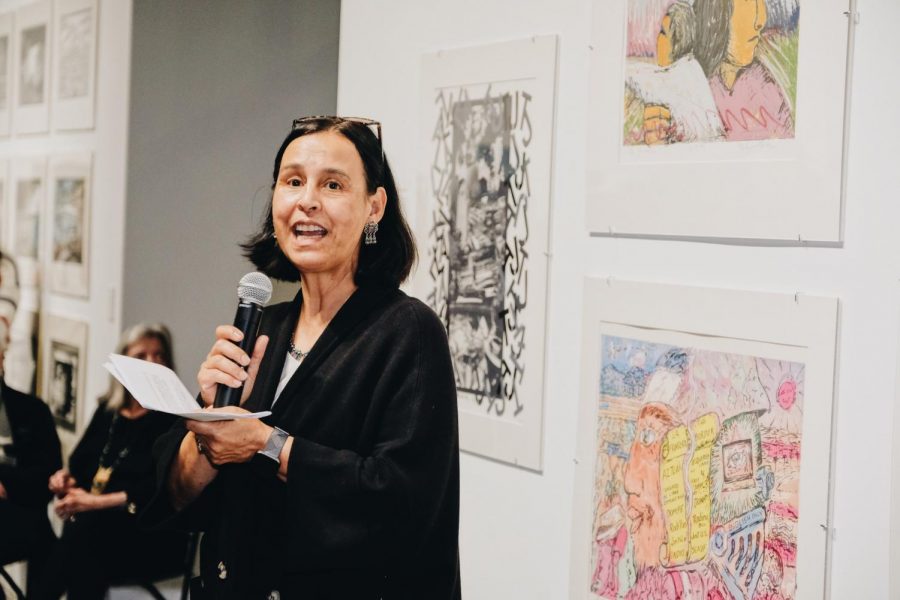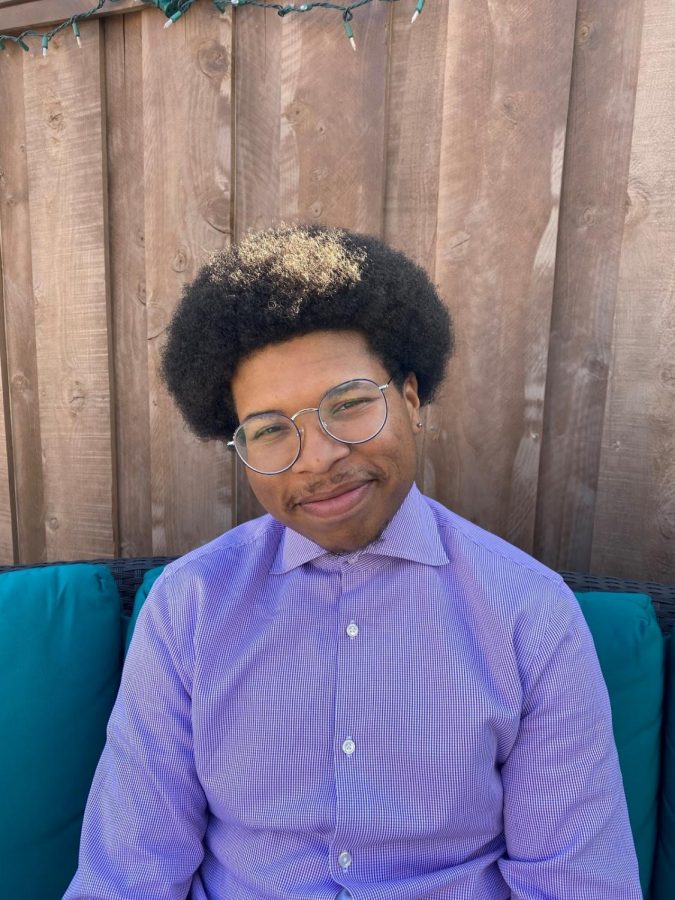“Our dead are never dead to us, until we have forgotten them.” — George Eliot
The faded sign in front of the property read, “By order of the city of Plainview, this building is hereby condemned today, August 31, 1998,” almost a month after what happened. I was happy to move on the day they boarded it up and posted those signs. And yet, here I was again.
I opened the old rusty gate and stepped onto the grounds of the house. It was dilapidated, crumbling and ruined. A quick shove and the door gave way. I walked in and surveyed the ruins. I clutched the bottle of lighter fluid in my hand tightly. “Just one last look around,” I thought. Seeing the old piano,
I placed my fingers on the keys, hitting a single, long note.
“I was wondering when you would arrive,” a voice behind me drawled. “Gets awful lonely waiting.”
From beyond the shadows, a figure appeared. Tall, gaunt and old, the man looked to be in his 60s. He wore a cowboy hat and sported a grizzled beard.
“You look good, Mr. Dreyfus,” he said. “Or should I call you Tim?”
My fists clenched the stairwell at the sound of that name.
“Who are you and how do you know my name?”
“You can’t run from your past, Tim. It just follows you,” he said, surveying the house. “Nice place. Shame it had to be condemned.”
He snorted and then spat.
“How do you know about that?” I asked.
He looked up at me with a steely gaze. “Because I’m the man who ordered it.”
I took a step back and hit the wall. “Who are you?” I asked wavering my voice.
“The name’s Clayton Creed. You can call me Creed. Least, that’s what people used to call me. I was once a judge, a convict, a sheriff. It’s all a memory now,” he said shrugging.
I sat down on the stairs. “Why are you here?”
“I’m here because I know how it feels to be thrown out of society, despised by the people you thought were friends. I was in that position too once. When your father was convicted and sentenced to death,
I figured this property would eventually come into dispute. At the time, I was sheriff, but by the time it came into dispute I was a Plainview County judge. Then that book came out about your father, how he’d been cheated and wrongfully accused,” he reminisced. “A lotta people in the county wanted to torch the place, trash it or just pull it down plank by plank. As mad as they were, and since your mother by then had taken her own life and you couldn’t care less what happened to it, I couldn’t let them do it.”
My voice rang hollow as contempt seeped from its words, “Why do you give a damn, Creed? It’s not your house. You didn’t have to spend time here while the TV blared about how your dad was nothing but a racist; how he shot an innocent man at point-blank range … all the arguments he had with people on the phone.”
I was walking around the house, Creed behind me. I stopped at the bedroom and opened the door, pointing to the dresser.
“That’s where I found her, unconscious and soon gone. I didn’t know why she left me,” I said, choking back tears.
“Dad was executed a few days later. I don’t think he ever knew. In this house, we were never happy, as long as the specter of people’s hate hung over us. It was inescapable.
They hated him—hated me—so much so, eventually I began to hate him. Mom would still be here today if he hadn’t done what he did.”
We walked outside, looking at the faded graffiti on the walls, with words ranging from “racist” and “pig” to even harsher words.
“Not all the things were bad though,” he said, gesturing to the back. I walked ahead of him unknowingly, to what appeared to be graves. Two headstones read: Jeremiah Dreyfus: “He was Loved,” and Martha Dreyfus: “She taught us how to love.”
“I pulled some strings and made sure this was the final resting place for a great man and his wife,” Creed spoke. “When your father was working corrections for the sheriff’s department before he took that city job, I knew the kind man he was. Your dad was never too harsh on people, but never too easy. My first month in, I got stabbed and carved up pretty bad. I was bleeding out in my cell. Most prison guards wouldn’t have looked twice. Your daddy came by, called the medics, kept me alive, telling me how his son had just done this and that, and how he was so proud. You’d think there was never a prouder man. He saved my life that day and then used his influence to get me that sheriff’s job. I owe him everything, Tim. He never quit on the people he loved. He loved you, Tim, even when he knew you didn’t care. He knew one day you would. And that’s all that mattered to him.”
He pulled out a faded photo of a younger version of himself and Dad smiling together and laid it at the foot of the stone.
“Never forget, Tim. But don’t forget to forgive,” he said before walking down the road, leaving me alone.






